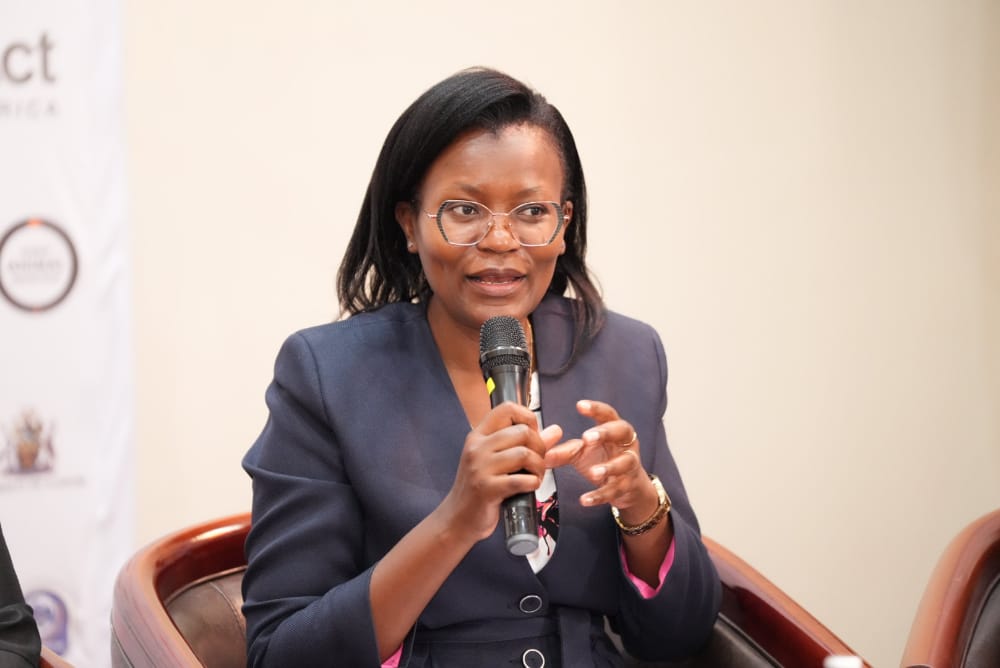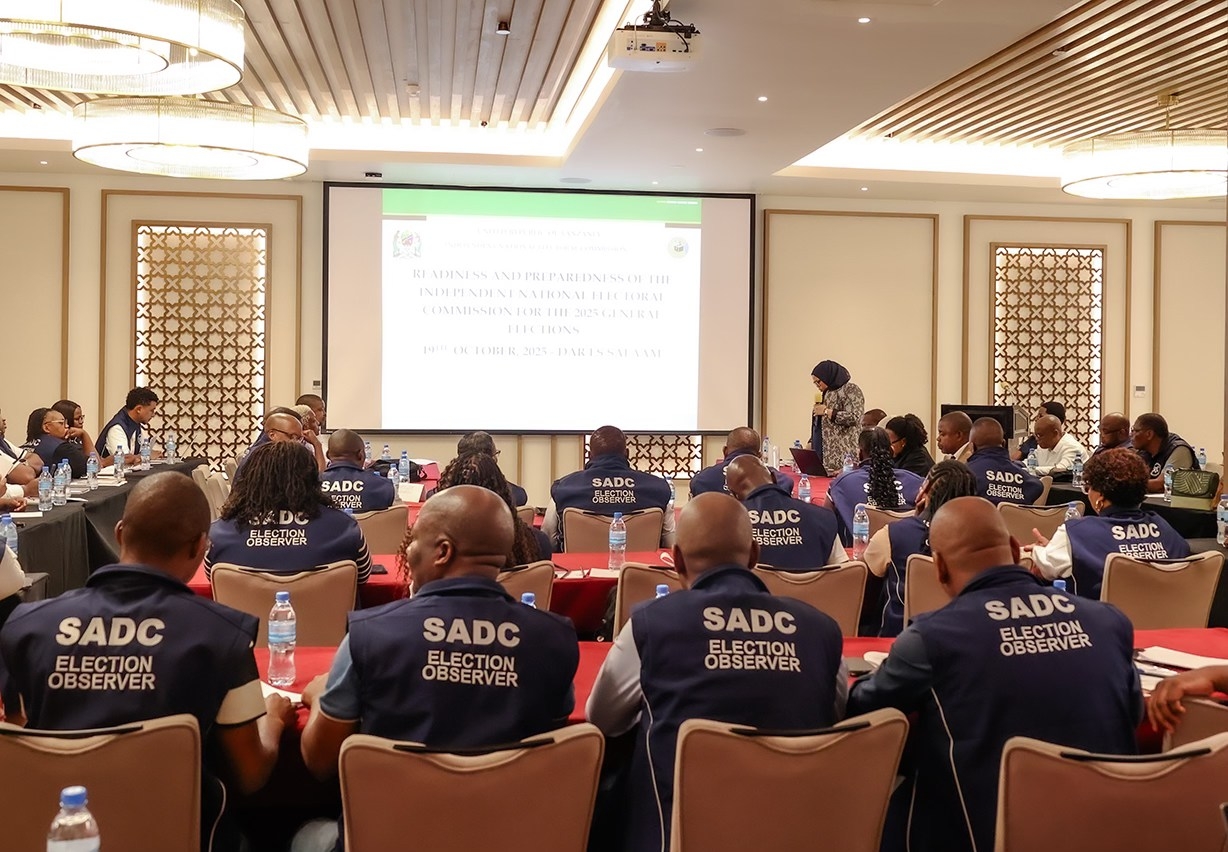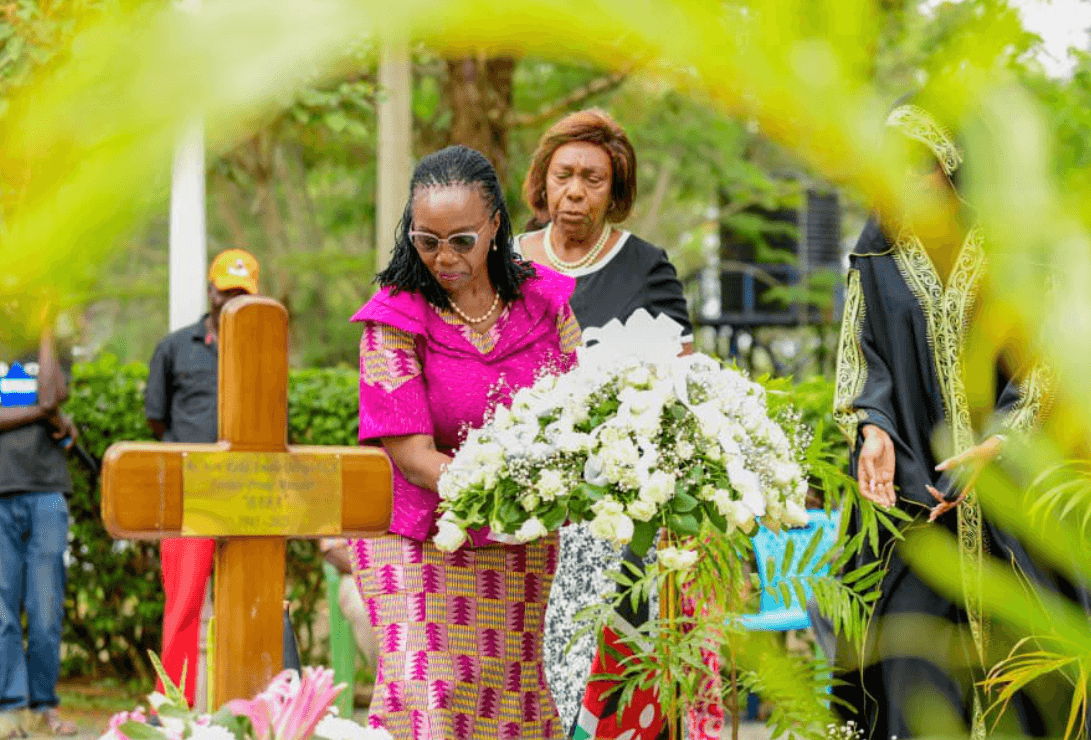
In October 2020, John Kariuki slipped in his bathroom and
fell, fracturing his hip joint.
The only intervention was for him to undergo hip replacement surgery.
However, immediately after the surgery, Kariuki got a hospital-acquired infection in the surgical site.
The infection did not go away, in fact, it became more and more severe as time went by, leaving him hospitalised for five months.
While in the hospital the situation became complicated when he got infected with Covid-19 so he had to battle both Covid and an infection that was not going away despite using all the available first, second, and third-generation antibiotics.
He was released to go home after five months, still with the infection.
Having some little knowledge about antimicrobial resistance, Kariuki did a laboratory test on antimicrobial sensitivity.
“Out of 18 antibiotics, only one was effective and we administered that one for a course of five days and that is how I recovered, one year later,” Kariuki says.
“I was on a wheelchair then I went to a single crutch but I remain a permanently disabled person due to the three-inch reduction in my right leg,” he adds.
Kariuki who was a good football player has now been reduced to a mere spectator of the game.
Kariuki as an AMR Focal point person at the Environment Ministry is among thousands of other experts calling for concerted efforts to address the rising burden of antimicrobial resistance.
Kairuki has further called for political goodwill to direct more resources to research and development in an attempt to try to combat or mitigate AMR.
“All of us are vulnerable, you can get a small infection that will not respond to any of the drugs available and that may ultimately lead to death,” he warns.
Infectious diseases specialist at the University of Nairobi Loice Ombajo says the commonest cause of resistance to antibiotics is overuse of the drugs.
She notes that buying antibiotics over the counter when sick, taking leftover antibiotics when sick or not finishing doses of antibiotics places people at risk of having bacteria that are resistant to antibiotics.
She recommends that individuals should only take an antibiotic that has been prescribed by a healthcare worker.
“Don’t keep antibiotics in your home just in case so that you keep taking a few at any given time. Do not share your antibiotics with your relatives either,” she advises.
She further advises the public against taking antibiotics when they have common ailments such as as running nose and sore throat, noting that such infections are caused by viruses yet antibiotics kill bacteria, not viruses.
This means taking an antibiotic because you have a sore throat unnecessarily exposes the person and puts them at risk for developing resistance.
“Call to action is we must use antibiotics properly, let us stop picking antibiotics over the counter and just taking them without having a proper diagnosis and knowing you truly require the antibiotics.”
On her part, Romona Ndanyi, AMR focal point at the Agriculture Ministry has emphasised the need to train farmers on good husbandry.
This is because some of the bacteria are passed from animals to humans through either meat or milk.
She says farmers should be trained on the need to observe high levels of cleanliness in their farms and ensure animals are properly fed.
“Even the kind of water we give our animals should be clean water, so as to avoid any infections getting into the animals and hence no need to use antibiotics,” she says.
Ndanyi notes that vaccinating animals against vaccine-preventable diseases and controlling vectors and pests such as ticks and fleas by using pesticides is also important since they infect animals with protozoa diseases and some of the diseases need antibiotics to be eradicated.
This comes even as Kenya joins the rest of the world in marking the World Antimicrobial Awareness Week (WAAW), celebrated from November 18 to 24 every year.
This is due to the fact that Antimicrobial resistance (AMR) is an increasingly serious threat to global public health that requires action across all government sectors and society.
According to the World Health Organisation, AMR threatens the effective prevention and treatment of an ever-increasing range of infections caused by bacteria, parasites, viruses and fungi.
It notes that better use of vaccines could reduce the number of antibiotics needed by 22 per cent or 2.5 billion defined daily doses globally every year, supporting worldwide efforts to address antimicrobial resistance.
“Vaccines are an essential part of the response to reduce AMR as they prevent infections, reduce the use and overuse of antimicrobials, and slow the emergence and spread of drug-resistant pathogens,” the WHO says.
It is estimated that bacterial AMR was directly responsible for 1.27 million global deaths in 2019 and contributed to 4.95 million deaths globally.
In Kenya in 2019, there were 8,500 deaths attributed to AMR and 37,300 deaths associated with AMR, according to the Institute of Health Metrics Research.
Antibiotic resistance (AMR), which comes largely due to improper and excessive use of medications, can lead to common illnesses becoming hard to treat.
It occurs when bacteria, viruses, fungi and parasites no longer respond to medicines, making people sicker and increasing the risk of spreading of infections that are difficult to treat, sometimes causing more serious illness and death.












